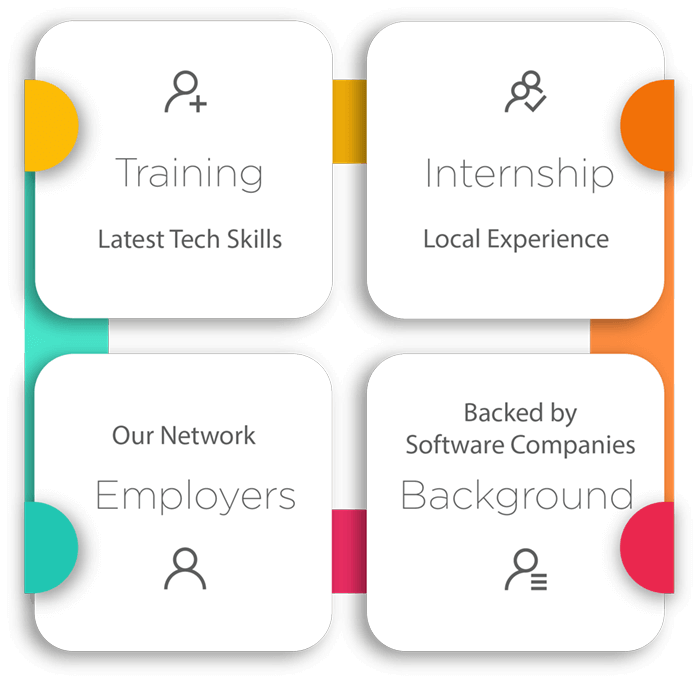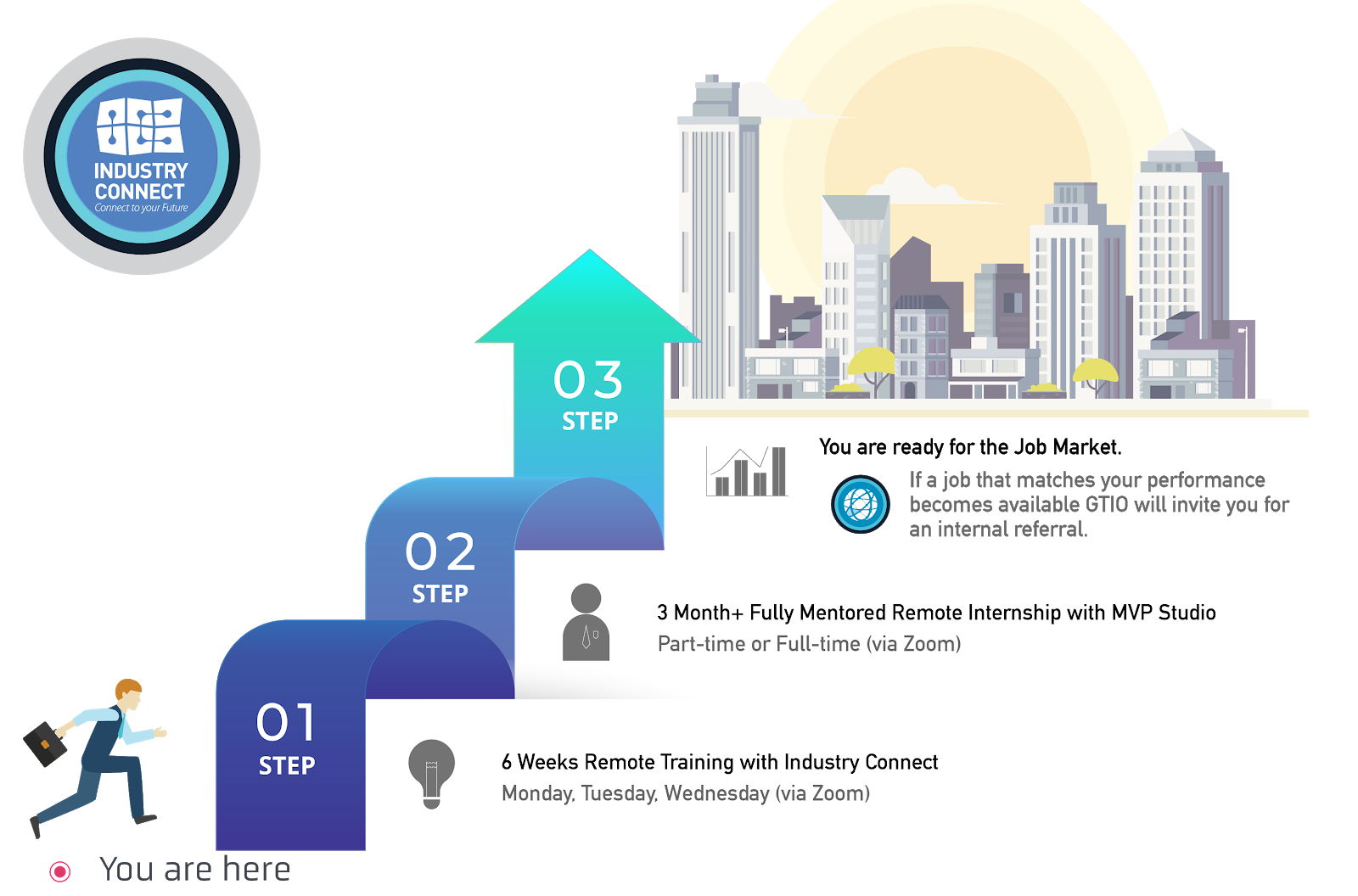Introduction
In today’s fast-paced and interconnected world, the importance of emotional intelligence (EQ) in the workplace cannot be overstated. While technical skills and knowledge are undoubtedly essential for excelling in any profession, it is emotional intelligence that often sets apart high-performing individuals and paves the way for career growth and success. In this blog post, we will explore the significance of emotional intelligence in your job and provide practical tips on how to develop and nurture this crucial aspect of your professional life.
Understanding Emotional Intelligence
Emotional intelligence refers to the ability to recognize, understand, manage, and express our emotions, as well as empathize with others and handle interpersonal relationships effectively. It encompasses a range of skills, such as self-awareness, self-regulation, social awareness, and relationship management.
The Role of Emotional Intelligence in Your Job
- Enhanced Communication: One of the key benefits of emotional intelligence is its positive impact on communication. Individuals with high EQs are better at expressing their thoughts and feelings clearly, while also being attentive and empathetic listeners. This skill is invaluable in promoting effective collaboration, conflict resolution, and the building of strong, cohesive teams.
- Leadership and Influence: Successful leaders often possess high levels of emotional intelligence. They can inspire and motivate their teams by understanding their emotions and needs, fostering a sense of trust and loyalty. Leaders with strong EQs are also skilled at handling challenging situations and providing constructive feedback, which leads to better team performance and overall success.
- Adaptability and Resilience: Work environments can be unpredictable, and challenges are inevitable. Emotional intelligence helps individuals adapt to change and bounce back from setbacks with greater ease. It enables them to stay focused, maintain a positive attitude, and find solutions in the face of adversity.
- Conflict Resolution: Conflicts are a natural part of any workplace, but individuals with high EQs are better equipped to handle them constructively. By understanding their emotions and the emotions of others involved, they can address conflicts with empathy and find resolutions that benefit everyone.
- Customer Relations: Emotional intelligence is crucial for individuals in customer-facing roles. By being attuned to customers’ needs and emotions, professionals can provide a more personalized and satisfactory experience, leading to increased customer loyalty and satisfaction.
Growing in Emotional Intelligence
While some people may have a natural inclination towards emotional intelligence, it is a skill that can be developed and improved with conscious effort and practice. Here are some strategies to grow in this area:
- Self-Reflection: Start by becoming more aware of your emotions, triggers, and behavioral patterns. Regularly reflect on your responses to different situations, both positive and negative, and identify areas for improvement.
- Empathize with Others: Practice putting yourself in others’ shoes to better understand their perspectives and emotions. Actively listen to their concerns and validate their feelings, even if you may not agree with them.
- Manage Stress: Learn healthy ways to manage stress and emotions. Techniques like mindfulness, deep breathing exercises, or regular physical activity can help you stay calm and focused in challenging situations.
- Seek Feedback: Ask for feedback from colleagues, friends, or mentors about how you handle emotions and relationships. Constructive criticism can provide valuable insights into areas where you can improve.
- Emotional Literacy: Expand your emotional vocabulary to better express and label your emotions. This skill will enable you to communicate more effectively with others about how you feel and what you need.
- Continuous Learning: Read books, attend workshops, or take online courses on emotional intelligence and related topics. This ongoing learning process will deepen your understanding and provide new insights.
Conclusion
In conclusion, emotional intelligence is a vital component of professional success. It influences how we interact with others, manage challenges, and navigate our careers. By developing emotional intelligence, we can enhance our communication skills, become effective leaders, and create a positive and productive work environment. So, let’s invest in nurturing our EQ and watch as it leads us towards greater achievements and fulfillment in our careers.
After only 10 weeks Laura secured a job as a Software Developer Intern.
She completed her Bachelor of Computer Science but was finding it hard to secure a role. She decided to join our Software Developer Job Ready Programme in May 2023 Intake and the rest is history.
Check out her journey below.
What is Industry Connect?
Industry Connect is an IT/Software Career Launchpad that has everything you need
to kick-start your IT/software career in AU, NZ, UK, IE, SG, HK, IN, ID, VN & PH.

We have been helping career changers, recent IT graduates and people with a career gap
to start their IT/software careers.
Over the years, we have helped hundreds kick-start an IT/software career.
(Verifiable evidences are available on this website)
OUR CORE
We are an innovative software training school backed by global/local software companies.
Our ecosystem is an incubation process that supports our participants until they launch
a tech career.

OUR PROGRAMMES
Our Job-Ready training programmes focus on:
- Software Development
- Business Intelligence (or Data Analyst)
- Test Analyst
PROGRAMME STRUCTURE
- Six Weeks Training Classes (Practical Tech Skills)
- Three Months (or more) Structured Internship on Large Commercial-Scale Projects (flexible hours)
- Employer Network (job analysis and internal referral if goals are met)
You can join us via Zoom (live face-to-face meeting) remotely from anywhere and
“download” the valuable knowledge & experiences from our tech experts across
different tech centres.
Watch 300+ Stories of Career Starters in IT/Software
- Career Changers & Switch to IT
- Recent Graduates
- People with a Career Gap
- New Software Developers
- New BI or Data Analysts
- New Test Analysts
Click the image to watch those who changed their careers to IT, had gap years and recent IT graduates.










